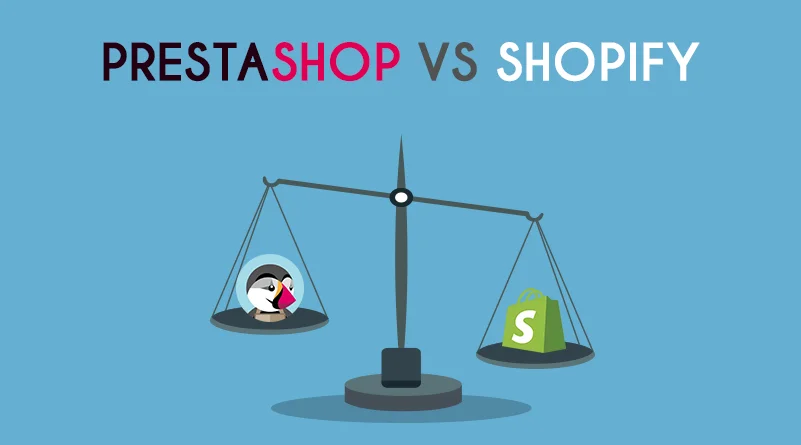
Introduction
Kenya’s e commerce industry is no longer in its infancy. Over the past decade, mobile money and affordable internet access have transformed how Kenyans shop, sell, and run businesses. Today, from Gikomba traders using WhatsApp to sell clothes to large supermarkets investing in online platforms, e commerce is woven into everyday life.
For startups, this shift presents both opportunity and challenge. The market is growing, but competition is also rising. Understanding the latest e commerce trends and adapting early can make the difference between a struggling business and one that scales across Kenya and even Africa.
The Rise of Mobile First Shopping
Kenya is a mobile first nation. Over 90 percent of internet users access the web through smartphones, according to the Communications Authority of Kenya. This means that most e commerce activity is happening on mobile devices. Startups must ensure that their platforms, from websites to apps, are optimized for mobile. A slow loading website or a complicated checkout process is enough to push customers away. Simple mobile friendly design and mobile payment integrations like M Pesa are no longer optional.
Social Commerce Through WhatsApp and Instagram
Kenyans are increasingly turning social media into a marketplace. WhatsApp groups are buzzing with product catalogs, Instagram shops are showcasing fashion and accessories, and even TikTok is being used for flash sales. This trend, known as social commerce, is particularly powerful for startups with limited budgets. Instead of investing heavily in a website at the start, businesses can test products, reach audiences directly, and build trust through familiar platforms. The key is consistency in branding and integrating secure payment methods to keep transactions smooth.
Integration of Digital Payments
The dominance of mobile money in Kenya means that digital payment integration is central to e commerce. Customers expect to check out quickly using M Pesa, Airtel Money, or even cards. Startups that fail to integrate flexible payment options risk losing customers at the last stage of the buying process. Tools like Pesapal and Flutterwave make it easy to add these solutions, while cross border payment platforms open opportunities for startups targeting African or global markets.
Logistics and Last Mile Delivery
One of the biggest barriers to e commerce growth in Kenya has been logistics. Customers in Nairobi may receive deliveries within hours, but those in rural counties sometimes wait days. Startups are now partnering with delivery apps and logistics tech companies to solve this gap. From Sendy to Glovo, reliable last mile delivery is helping e commerce thrive outside urban centers. Startups that build strong delivery partnerships or even leverage boda boda networks will be better positioned to expand.
Growth of Niche Online Stores
Rather than trying to compete with giants like Jumia, startups are finding success in niche markets. For instance, local online stores focusing on organic foods, handmade crafts, or secondhand fashion are thriving. Customers are drawn to authenticity and unique offerings. Startups that define a clear niche and build strong online communities around it often enjoy better customer loyalty than those chasing mass appeal.
Artificial Intelligence and Automation
AI is slowly becoming part of Kenya’s e commerce ecosystem. Chatbots on websites and WhatsApp help answer customer queries instantly. Predictive analytics is being used to understand shopping habits and recommend products. Startups can take advantage of affordable AI tools to streamline customer support and marketing without hiring large teams. This not only saves costs but also improves customer experience, giving smaller businesses an edge over larger but slower competitors.
Cybersecurity and Customer Trust
As more Kenyans shop online, concerns about fraud and data protection have also grown. According to the Kenya National Bureau of Statistics, online fraud cases increased by over 50 percent in the past two years. Startups must invest in secure websites, encrypted payment systems, and transparent policies to gain customer trust. Customers are more likely to abandon a cart if they suspect the site is unsafe, making cybersecurity a non negotiable part of e commerce.
Business Use Cases in Kenya
A fashion startup in Nairobi has grown rapidly by selling through Instagram and integrating M Pesa payments, offering fast deliveries through boda boda riders. A fresh produce supplier in Nakuru leverages a custom e commerce site to reach supermarkets and hotels, using Flutterwave for payments and Sendy for deliveries. An EdTech company in Eldoret sells digital courses through a mobile friendly website integrated with automated chatbots that guide students through payment and enrollment.
These examples show how startups in different industries are not only adapting to e commerce trends but also thriving because of them.
Why Partner with E Startups Kenya
At E Startups Kenya we specialize in helping startups harness these e commerce trends to their advantage. We build mobile first websites and ecommerce platforms, integrate secure digital payments, and design custom solutions for different industries. Our expertise in AI and automation means we can add chatbots, predictive tools, and virtual assistants to enhance customer experience.
We also connect businesses to reliable logistics partners and ensure every platform is protected with strong cybersecurity measures. Whether you are in fashion, agriculture, education, or retail, we create tailored solutions that make your e commerce business competitive in Kenya and beyond.
FAQs
What is driving e commerce growth in Kenya
Increased smartphone usage, mobile money adoption, and affordable internet are the main drivers.
Can small startups really compete with large e commerce platforms
Yes. By focusing on niche markets and offering unique products or personalized services, startups can thrive without competing directly with giants.
How important is mobile optimization in Kenya
Extremely important, as the majority of Kenyans access the internet and shop through mobile devices.
What are the logistics challenges in Kenyan e commerce
Delivery outside major cities is still inconsistent, but startups can partner with delivery companies or local riders to solve this.
How does E Startups Kenya support e commerce businesses
We provide end to end solutions including website development, payment integration, AI automation, and logistics partnerships tailored for startups.
Conclusion and Call to Action
Kenya’s e commerce landscape is dynamic and full of opportunity. Startups that adapt quickly to trends such as mobile first shopping, social commerce, secure digital payments, and reliable logistics are setting themselves up for long term success.
At E Startups Kenya we are dedicated to equipping your business with the right tools to thrive in this competitive space. Whether you are just starting or looking to scale, our team provides the digital solutions that make growth possible.
👉 Get in touch with E Startups Kenya today and let us help you build an e commerce business that is future ready.




























